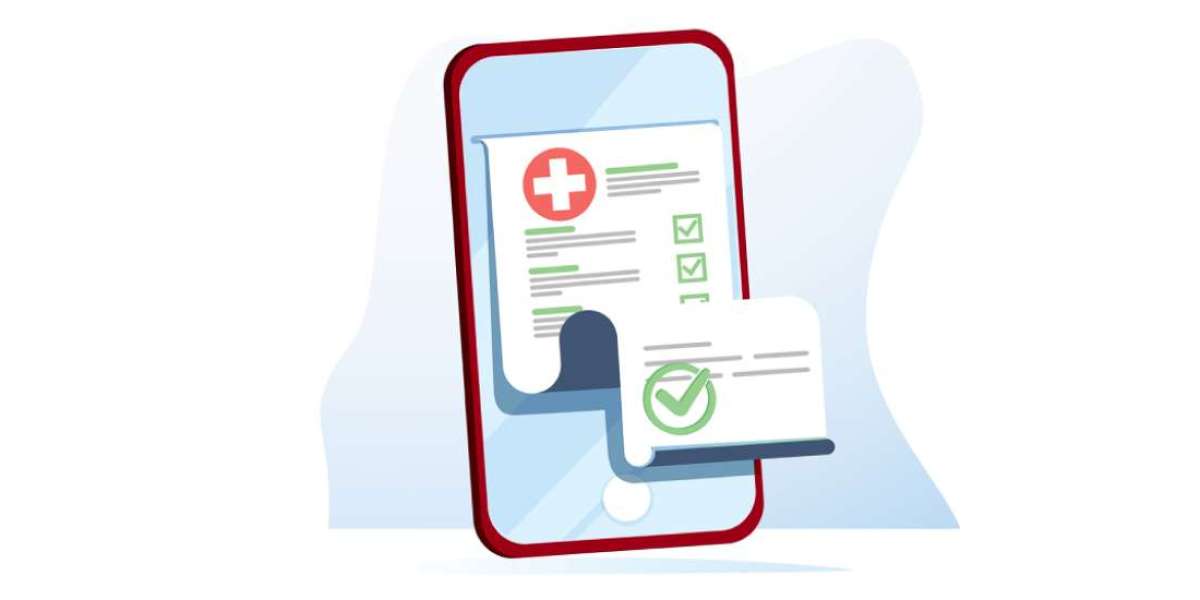We Indians have a card for everything—Aadhaar card for identity, PAN card for taxes, voter card for elections, and even a loyalty card for our favourite supermarket. But when it comes to something as vital as health, not everyone realises the power of a health card.
Yes, that tiny piece of plastic (or a digital file these days) could be your unsung hero in times of a medical emergency. Whether it is availing discounts on diagnostics, managing healthcare records, or accessing cashless treatment, health cards are transforming how Indians interact with healthcare services.
So, what are health cards, why are they important, and what types should you know about? Let us explore.
What is a Health Card?
A health card is a physical or digital card that gives you access to various healthcare benefits. Depending on the type, it can include:
- Cashless hospitalisation
- Discounts on medicines and diagnostic tests
- Access to health check-ups
- Storage of medical records
- Special offers on wellness services
Think of it as your medical best friend—always ready to step up when the bills start piling up or the tests become too many.
While some health cards are offered by government schemes, others come from private health institutions, banks, or insurance providers.
Types of Health Cards in India
India offers a wide variety of health cards tailored to specific needs, income levels, and accessibility. Here are the most common ones:
1. Ayushman Bharat Health Account (ABHA) Card
Formerly known as the NDHM (National Digital Health Mission) health ID, the ABHA card is part of the Government of India’s Ayushman Bharat Digital Mission (ABDM). It is a free digital health card that stores your entire health history digitally.
Key Benefits:
- Secure and easy access to your medical history
- Share records instantly with doctors
- Aids in faster diagnosis and continuity of care
Health card ke fayde here are convenience, privacy, and standardised healthcare tracking.
2. Ayushman Bharat PM-JAY Card
This is a golden ticket for over 10 crore poor and vulnerable families in India. The Pradhan Mantri Jan Arogya Yojana (PM-JAY) provides free health coverage up to ₹5 lakh per family per year.
Key Benefits:
- Free hospitalisation (cashless) at empanelled hospitals
- Covers pre-existing diseases
- No cap on family size, age or gender
A massive leap towards healthcare equality, this scheme’s health card ke fayde lie in making expensive treatment affordable—or entirely free—for those who need it most.
3. eHealth Card (State-specific cards)
Several Indian states have launched their own versions of eHealth Cards. Kerala, for example, has the eHealth Kerala initiative, and Delhi has the Delhi Health Card.
Key Benefits:
- Access to state-run hospitals and clinics
- Digital storage of medical records
- Facilitates online appointment booking
These cards promote efficient healthcare delivery by reducing paperwork and queues.
4. Private Health Cards (by Banks and NBFCs)
Leading financial institutions like Bajaj Finserv, SBI, and HDFC offer health EMI cards or wellness cards that allow you to convert medical expenses into no-cost EMIs.
Key Benefits:
- Covers treatments like dental care, eye surgeries, and cosmetic procedures
- Flexible repayment options
- Discounts at partner hospitals and clinics
A huge health card ke fayde here is financial flexibility—ideal for planned medical treatments not covered under regular family health Insurance Plans.
5. Insurance Provider Health Cards
If you have Medical Insurance Plans, you probably already own a health card. Issued by your insurer, it allows you to access cashless hospitalisation at network hospitals.
Key Benefits:
- Identity proof at the time of admission
- Cashless treatment facilities
- Details of your coverage
This type of health card is not only proof of your policy but also an enabler of hassle-free claims. Many Medical Insurance Plans today even offer virtual health cards you can access on your phone.
6. Wellness and Diagnostic Health Cards
These cards are offered by diagnostic labs like Dr Lal PathLabs, Apollo Diagnostics, and health platforms like 1mg or Practo.
Key Benefits:
- Heavy discounts on pathology tests and scans
- Free home sample collection
- Special offers on full-body check-ups
If you are someone who prefers preventive healthcare, these cards are cost-savers and add a layer of proactiveness to your lifestyle.
7. Corporate Health Cards
Issued to employees as part of group health policies or wellness programmes, these cards can include access to fitness centres, counselling sessions, or free annual check-ups.
Key Benefits:
- Boosts employee morale and wellness
- Promotes preventive healthcare
- Offers hassle-free access to network hospitals
This kind of card also complements Medical Insurance Plans, making employee healthcare more holistic.
Health Card ke Fayde – Why You Should Not Ignore It?
Let us be honest—healthcare in India is not getting any cheaper. A single hospital visit can knock off months of savings. A health card may not replace insurance, but it can complement it perfectly.
Some universal health card ke fayde include:
- Cashless convenience: No scrambling for cash at admission desks
- Quick access: Faster services, fewer forms to fill
- Discounts: Lab tests, medicines, and even gym memberships in some cases
- Easy tracking: Medical history in one place
- Financial planning: With EMI options, budgeting becomes easier
Add these benefits to your Medical Insurance Plans, and you are well-prepared for anything from a routine check-up to a medical emergency.
Choosing the Right Health Card
With so many options out there, how do you decide which health card suits you best? Here is a quick guide:
Need | Recommended Health Card |
Low-income family | PM-JAY Card |
Frequent diagnostic tests | Wellness or Diagnostic Health Cards |
Digital health records | ABHA Card |
Working professionals | Corporate Health Card or Insurance Health Card |
Flexible payment for treatments | Private Bank Health EMI Cards |
Comprehensive coverage | Combine Health Card with Medical Insurance Plans |
Remember, the right combination can save you both time and money.
Do Health Cards Replace Insurance?
This is a common question. The short answer is no. While health cards offer numerous benefits, they are not a substitute for Medical Insurance Plans. Health insurance covers large-scale hospitalisation and surgeries, which health cards usually do not. However, using both together provides a safety net for both big and small healthcare needs.
Whether you are tech-savvy or someone who still prefers physical files, health cards are making healthcare more accessible, affordable, and efficient. They are like health passports—only cheaper and more functional.
From the health card ke fayde of cashless treatment and d`iscounts to simplifying access to services, they are undoubtedly a step forward in India’s healthcare evolution.
So go ahead, find the one that fits your needs, and add it to your wallet or phone. Because when it comes to health, being prepared is half the cure.


